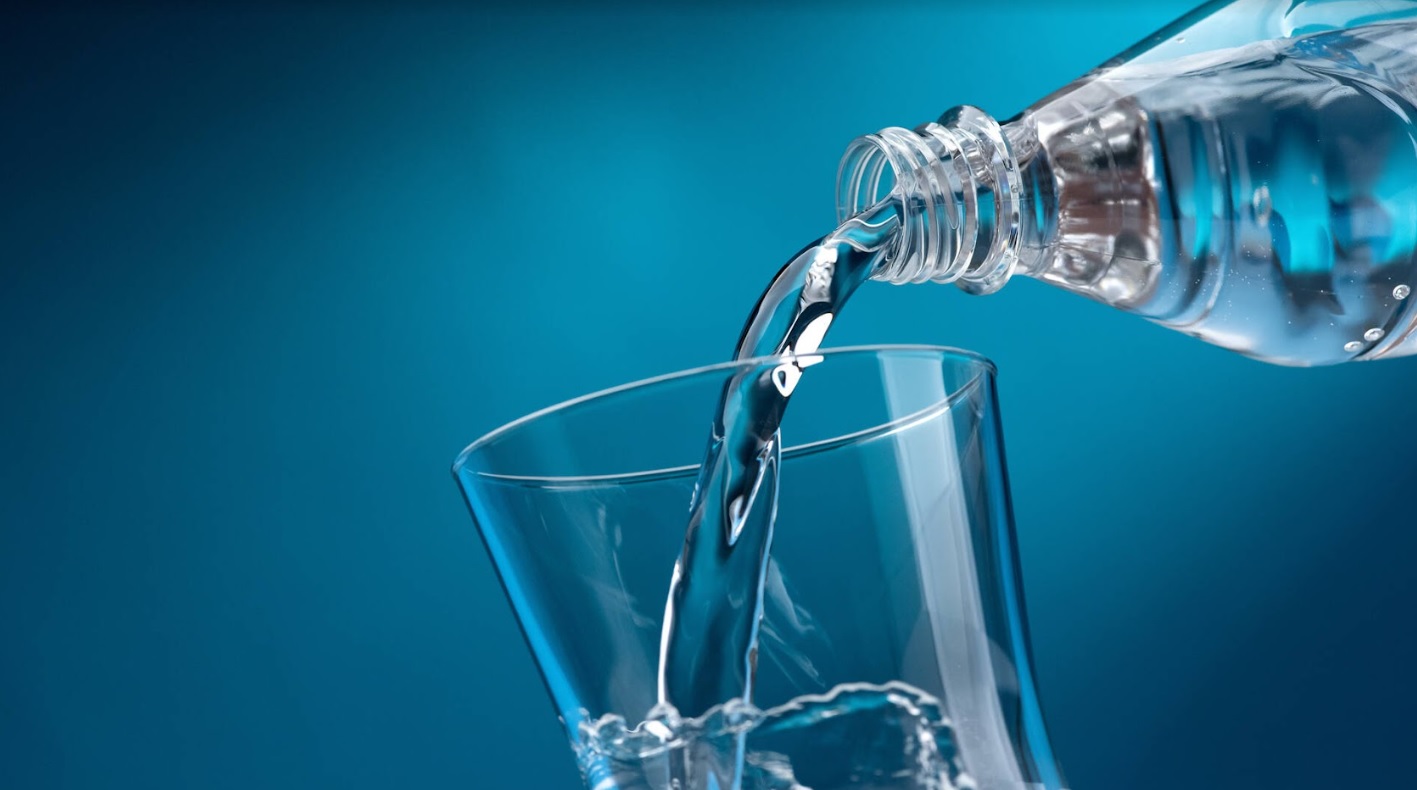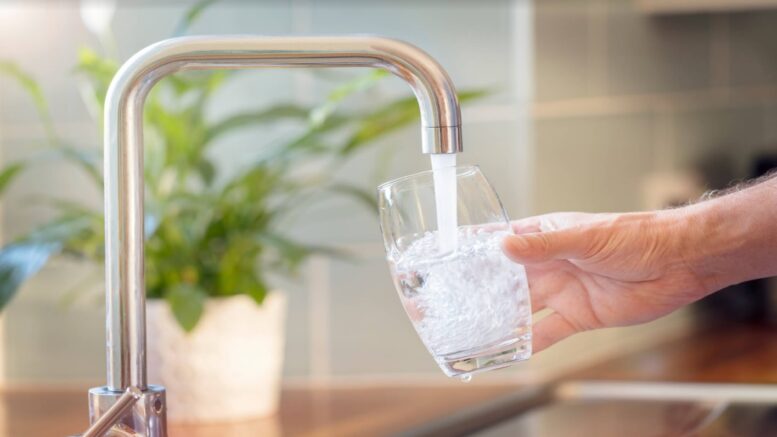Everyone advises you to drink more water, and you indeed should. Drinking water is good for your health, and the more water you drink, the better off your body will be. A few examples of the potential benefits are improved stamina and cognitive ability.
However, it’s important to remember that not all water is the same. For one, not all have the same price or nutritional content. But if health is your priority, how can you determine the best type of water to drink?
The good news is that you’re in the right article. Here, you’ll learn about the different kinds of water, and then you can decide which one is the healthiest to drink:
Tap Water
This is the water that comes out of your taps at home. It’s often supplied and regulated by a national or regional government institution. Despite widespread concerns about tap water’s taste and safety, it’s perfectly safe to drink, especially in the United States. As a bonus, tap water is less expensive and might be just as healthy as bottled water.
Unfortunately, there is always a chance that your tap water source is polluted. The pollutants may or may not be dangerous. If the water originates from a municipality, it likely undergoes regular testing for the presence of disease-causing organisms. But, if your household uses water from a private well, it’s recommended that you have the water tested periodically by a qualified service.
Structured Water
Structured water is described as water that has its molecules arranged in a hexagonal shape so that their molecules cluster together. According to its advocates, the product is chemically and physically equivalent to unfiltered water. They think that because of its properties, it’s better than regular tap water. The following are some of the health benefits of structured water as outlined by its advocates:
- Increased energy
- Aids in detoxification
- Enhanced concentration and memory
- Enhances immunity
These benefits have great potential, but further study is needed as they haven’t been confirmed in humans.
Mineral Water
Several beneficial minerals are present in mineral water sourced from natural mineral springs. Minerals like sulfate, magnesium, and calcium could be present in this water. Mineral water has been shown to improve digestion, and many individuals prefer its flavor to that of regular tap water. Although drinking mineral water is generally safe, drinking more than the required amount of any mineral may not be beneficial. Another downside to mineral water is that it can be more expensive than tap water.

Vitamin Water
This is another form of water available in most grocery stores. It provides the body with added vitamins and minerals for an extra health boost. Some critics argue that these drinks may contain excessive amounts of sugar, making them unhealthy overall. Others believe they are an excellent way to get more essential nutrients into your diet. When trying to answer the question “Is vitamin water good for you?” it’s important to look at the ingredients and nutritional value. It may be helpful for individuals who have a hard time getting enough vitamins through their diet, but those concerned about sugar intake should proceed with caution.
Fresh Spring Or Glacier Water
Many bottled water boldly claim that the water was bottled at the same source, such as a spring or glacier. It’s generally believed that water from springs and glaciers is relatively pollutant-free. You can find these in supermarkets, which have the same health benefits as mineral water. However, these can be expensive. It’s also important to note that the quality of some such waters is questionable because most are untreated, unfiltered, and untested.
Distilled Water
Some people call this kind of water demineralized or deionized water. It’s water from which all ions and minerals have been eliminated. Simply put, it’s the purest water available. That’s because it’s utterly devoid of anything that could potentially be harmful, including bacteria and minerals. Because of its purity, drinking distilled water poses no health hazards. However, some health professionals state that drinking water without healthy minerals or nutrients is not always a good idea.
Hydrogen Water
In this type of water, hydrogen molecules act as antioxidants. Research suggests these compounds can help the body fight disease-causing free radicals, reduce inflammation, and prevent aging. Hydrogen water has been getting media attention due to a series of mouse experiments. A study shows that this water can slow the progression of disorders like Parkinson’s by acting as a mild anti-inflammatory agent.
However, many of the health benefits that have been widely publicized have not been conclusively proven in humans. Although health claims are often portrayed as accurate, it’s almost impossible to verify them. Furthermore, this water’s price has skyrocketed due to its attention.
Alkaline Water
Water with a pH of 8 or above is considered alkaline because it has a more basic structure than ordinary water. Due to research showing that alkaline diets are generally beneficial, this type of water has become more popular. Advocates of alkaline water claim it can neutralize the acid in the body, delay the aging process, and even protect against cancer.
Although alkaline is entirely safe to drink, it may decrease stomach acidity and the body’s natural ability to eliminate hazardous microorganisms. Moreover, overconsumption may lead to metabolic alkalosis, making you nauseous and vomit.
Conclusion: Which Type Of Water Is The Healthiest To Drink?
Not a single water type is preferable to others in terms of health benefits. Water’s health advantages are limited by its variability in quality. Even the healthiest kind can have a pH level or mineral content that is too high or too low to be genuinely beneficial. Overall, it doesn’t matter what kind of water you drink as long as you drink it adequately and it’s pure and uncontaminated.
